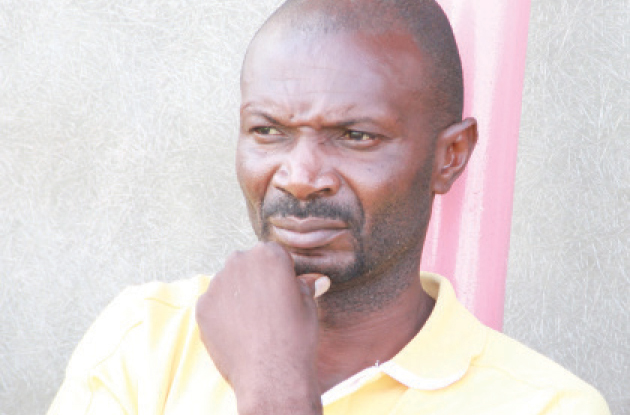New football rules beckon… Referees allowed to give pre-match red cards… Players can pass ball backward from kick-off

Sikhumbuzo Moyo Senior Sports Reporter
THE International Football Association Board has made sweeping changes to some laws of the game, which will also see referees being empowered to give pre-match red cards. Players will no longer have to pass the ball forward from kick-off and can now directly pass the ball back to a teammate. Under the new laws, players can be treated on the pitch in order not to disadvantage the victim’s team. The new laws will be ratified at the body’s meeting in March and will be first implemented at the European Championships in June.
According to the new laws, teams will now be allowed to display their logos on corner flags, while players who have to leave the field of play to change their boots, for example, no longer have to wait until the ball has gone out of play to return onto the pitch. The fourth official is now empowered to check the player and wave him on while play is in motion.
The new laws.
1. Kick-off:
Footballers will no longer have to pass the ball forward from the kick-off. Players now have the option to play the ball in any direction from the centre circle as long as it moves.
2. Pre-match red cards:
Referees will now be allowed to distribute red cards at any point during the pre-match inspection. A team would still be able to start a match with 11 players but they would lose a substitute as a consequence of the dismissal.
3. Leaving field after treatment:
If a player picks up an injury from a foul which is deemed a yellow or red card, the injured player will not have to leave the pitch after receiving treatment. The previous law would often result in unfair advantages for teams who had just had to treat their player.
4. Quick return:
Players who have to leave the field of play, to change their boots for example, no longer have to wait until the ball has gone out of play to return. The fourth official can now check that the player is OK to return and he can make his way back onto the field while the ball is still active.
5. Grabbing opponents:
If two players leave the pitch and one is prevented from returning due to the other one grabbing his shirt, a referee would usually give a yellow or red card to the culprit and restart the game with a drop ball. Now the game will be restarted with a free kick on the touchline or a penalty kick if the incident occurred in the area.
6. Blocking goals:
If a non-playing substitute or physician deliberately blocks a goal-bound shot, the game will be restarted with a direct free-kick or penalty. The previous law allowed for just an indirect free-kick or drop-ball, which gave the offending team an advantage for breaking the rules.
7. Penalty shootouts
Should a player be sent off during a penalty shootout, both teams will be reduced to the same amount of spot-kick takers. This is to avoid the offending team reverting back to their first-choice kick-taker at a quicker rate.
8. Offside inconsistency:
A free-kick for an offside offence will now be taken where the offside was committed even if it was in the guilty player’s own half. The old law allowed for free-kicks to be taken in either the offending offside position or the position the player was originally in when the ball was played.
9. Corner flag logos
Teams will now be allowed to display their logos on corner flags. Even though many teams in the Premier League already do this, it is actually illegal by the laws of the game.
10. Common sense
Referees will be encouraged to use more common sense in future and report minor incidents to the authorities after a game has finished. For instance, a non-league referee could have abandoned a match if a corner flag was broken.











Comments